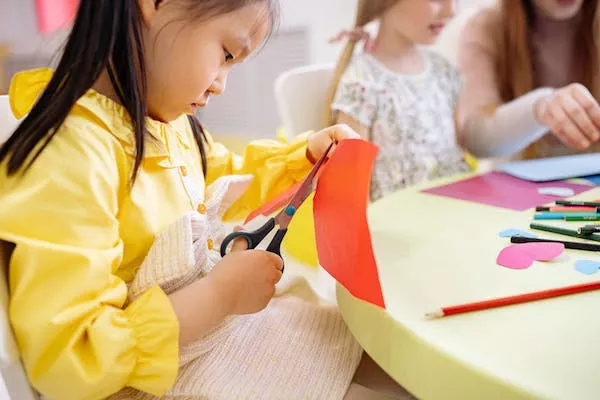Parenting is a complex and deeply personal journey, one that often involves finding the right balance between nurturing and allowing independence. In recent years, the term “helicopter parenting” has gained prominence, describing a parenting style characterized by excessive hovering and overprotectiveness. In this article, we delve into what it means to be a helicopter parent, the underlying motivations behind this approach, its potential consequences, and strategies for finding a healthier balance in raising children.
Defining Helicopter Parenting:
Helicopter parenting refers to a style of parenting in which parents are overly involved in their children’s lives, closely monitoring and controlling various aspects of their experiences. These parents tend to excessively hover over their children, seeking to shield them from any potential harm or discomfort. They may micromanage their child’s activities, schoolwork, social interactions, and decision-making processes, often with the best of intentions.
Motivations behind Helicopter Parenting:
The rise of helicopter parenting can be attributed to various societal factors and parental concerns. In an increasingly competitive world, parents may feel pressure to ensure their children’s success and well-being. Fear of failure, the desire to protect children from adversity, and the belief that constant involvement will lead to positive outcomes are common motivators for helicopter parenting. Parents may also strive to create a nurturing and secure environment, stemming from genuine love and concern for their children’s welfare.
Consequences of Helicopter Parenting:
While helicopter parenting may be driven by good intentions, it can have unintended negative consequences. Excessive parental involvement can impede a child’s development of crucial life skills, such as problem-solving, decision-making, and resilience. By constantly shielding children from failure or adversity, helicopter parents may hinder their ability to cope with challenges independently. This overprotectiveness may also hinder the development of self-confidence and self-reliance.
Moreover, helicopter parenting can strain parent-child relationships. Constant monitoring and control can lead to feelings of frustration, resentment, and a lack of trust. Children may struggle with developing autonomy and may feel stifled in their exploration of their own identities and interests. Helicopter parenting can also hinder the development of healthy peer relationships and social skills, as children may struggle to navigate social interactions and conflict resolution independently.
Finding a Healthier Balance:
Recognizing the potential drawbacks of helicopter parenting, it is essential for parents to find a healthier balance that allows their children to grow, learn, and develop independence. Here are some strategies to consider:
- Foster open communication:
Encourage open dialogue with your child, where they feel comfortable sharing their thoughts, fears, and aspirations. By establishing trust and maintaining regular conversations, you can stay connected while respecting their autonomy.
- Encourage independence:
Gradually give your child more age-appropriate responsibilities and decision-making opportunities. This allows them to develop confidence, problem-solving skills, and a sense of personal agency.
- Promote resilience:
Allow your child to experience setbacks and failures, as these are essential learning opportunities. Encourage them to problem-solve and find their own solutions, providing support and guidance when needed.
- Respect boundaries:
Recognize your child’s need for privacy and personal space. Avoid micromanaging their activities or invading their personal lives without cause. Trust that they will come to you when they need guidance or support.
- Encourage healthy risk-taking:
Support your child in exploring new activities and stepping outside their comfort zone. Encourage calculated risks that foster growth and learning while ensuring their safety.
- Lead by example:
Model balanced behavior by demonstrating healthy coping mechanisms, resilience, and self-care. Show your child that mistakes and setbacks are a natural part of life and can be valuable learning experiences.
Conclusion:
Parenting is a challenging journey that requires finding a delicate balance between support and independence. While helicopter parenting stems from a place of love and concern, it can inadvertently hinder a child’s growth and development. Recognizing the potential consequences and taking steps to find a healthier balance is crucial.
By fostering open communication, encouraging independence, promoting resilience, respecting boundaries, and encouraging healthy risk-taking, parents can create an environment that supports their child’s growth and independence. Embracing a parenting style that allows children to face challenges, make their own decisions, and learn from both successes and failures will help them develop the skills and resilience needed for a successful and fulfilling life. Ultimately, the goal is to raise confident, self-reliant individuals who are equipped to navigate the complexities of the world with resilience and adaptability.


